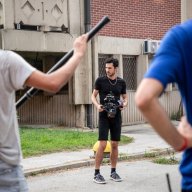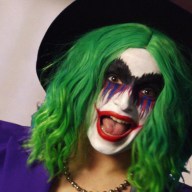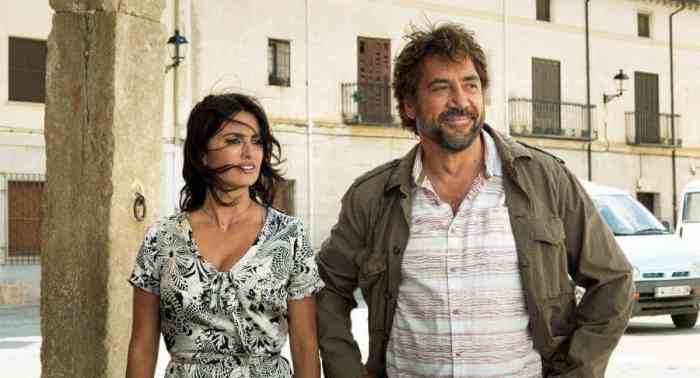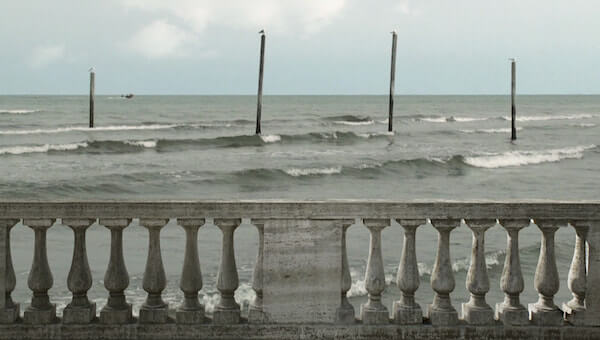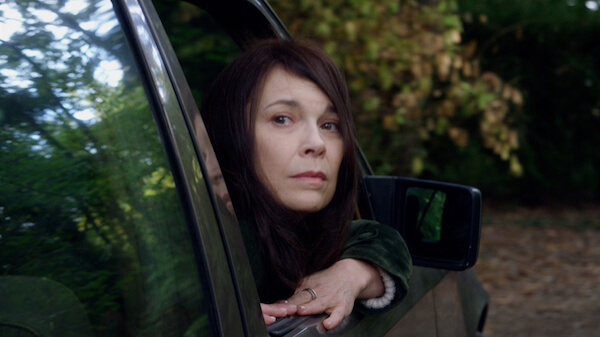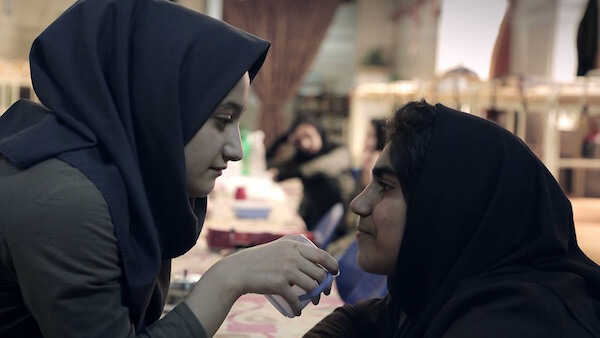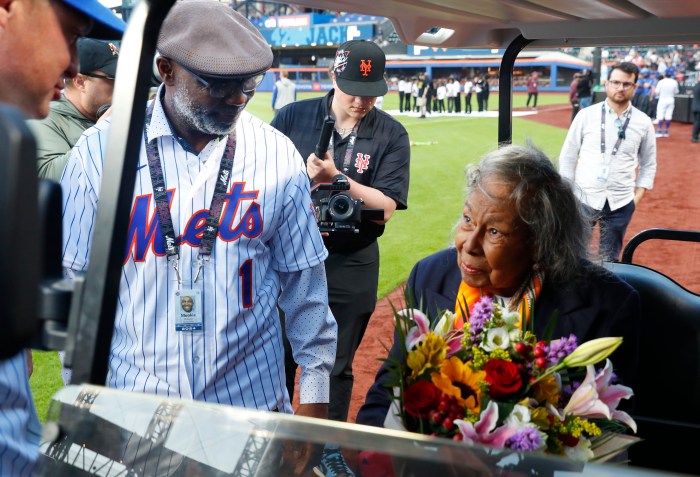Bérénice Béjo and Ali Mosaffa in Asghar Farhadi's “The Past,” which opens December 20. | CAROLE BETHUSEL/ SONY PICTURES CLASSICS
In 2011, Iranian director Asghar Farhadi made history with his film “A Separation,” which enjoyed worldwide critical and commercial success and became the first Iranian movie ever to win an Oscar. It grossed about $7 million dollars in the US, quite good for a foreign-language film these days, especially one not made by a well-known director. (His previous film, “About Elly,” played to acclaim at the Tribeca Film Festival but was bought by a distributor that got tied up in legal limbo.) At the same time — and unlike many of the Iranian films championed in the West — it pleased the mullahs at home.
Farhadi’s latest film, “The Past,” is the official 2013 Iranian choice for a Best Foreign Film nomination, though the participation of the director and of actor Ali Mosaffa are the only really Iranian things about it. It was filmed in France, with French production money.
The censorious climate in Iran has encouraged many Iranian filmmakers to work abroad — indeed, to emigrate. Farhadi has publicly declared the more moderate Rouhani regime a sign of hope for the Iranian film industry. The favorite Iranian filmmaker of many American and European critics, Abbas Kiarostami, has melted into his surroundings in the two narrative films he’s made in Europe and East Asia. Mohsen Makhmabaf, who now lives in England, took advantage of his freedom to shoot a documentary on religion in Israel, which would never be permitted if he still lived in Iran.
Asghar Farhadi latest psychological yarn is telling in ways likely unintended
With “The Past,” Farhadi has gone on making what he usually does: a psychological mystery of sorts, this one probing the enigma of why a woman would try to kill herself.
After a four-year separation, Ahmad (Mosaffa) returns to Paris from Tehran in order to finalize a divorce from his wife Marie (Bérénice Béjo), a pharmacist. She’s about to marry her fiancée Samir (Tahar Rahim), whose wife is in a coma after a suicide attempt at the dry cleaning shop he opened. Ahmad learns that Marie’s relationship with their 16-year-old daughter Lucie (Pauline Burlet), whom she is raising, is tortured, to put it mildly. Entangling himself with Marie’s new family raises issues around the suicide attempt and its effect on everyone it touched.
Farhadi avoids obvious tourist landmarks in Paris. His characters seem to live in an off-the-beaten-path, working-class neighborhood. However, there are relatively few exteriors in “The Past. When his characters do go out, Paris seems to rival Seattle and Vancouver for rain.
“A Separation” received numerous comparisons to classic European theater, particularly Chekhov. Part of what seemed so fresh about it two years ago was its distance even from Iranian art cinema, which tends to focus on poor people or children. That film’s portrait of Iranian society at all levels was startling. Among Iranian films distributed in the US, Dariush Mehrjui’s “Leila” is its only obvious precursor.
The theatrical feel persists in “The Past,” whose shoot was preceded by two months of rehearsal, but it’s cruder and more driven by the demands of an overloaded plot. One can perceive Farhadi hitting marks at the 25-, 50-, and 75-page points in his script in order to further develop its mystery.
It’s usually interesting to see a foreign filmmaker’s point of view on a society not their own, although not always in the ways they intended. “The Past” casts a critical gaze on France’s culture of easy divorce and serial monogamy. It suggests that Marie has hurt her children by living life according to her desires, giving up on relationships too early and without any thought for how this might affect Lucie. These observations aren’t necessarily wrong or the sole province of Iranian men, of course, but in “The Past,” they’re harder to take seriously because they’re coupled with an idealization of Ahmad.
Farhadi’s film is the antidote to Ben Affleck’s “Argo,” whose sole sympathetic Iranian character got 90 seconds of screen time. Ahmad is the nicest person in the film. Not only is he capable of rising above Marie and her family’s petty squabbles, he’s a great cook and he knows how to unclog a drain!
“A Separation” presented a large cast of characters in which everyone was flawed. Its narrative began with a woman’s desire to emigrate and, in doing so, leave her elderly father, but it never blamed all the story’s subsequent problems on her. For the most part, “The Past” critiques everyone but Ahmad. As talented as Farhadi is, I don’t think he deserves such a perfect stand-in.
THE PAST | Directed by Asghar Farhadi | In French with English subtitles | Sony Pictures Classics | Opens Dec. 20 | Film Forum, 209 W. Houston St. | filmforum.org









